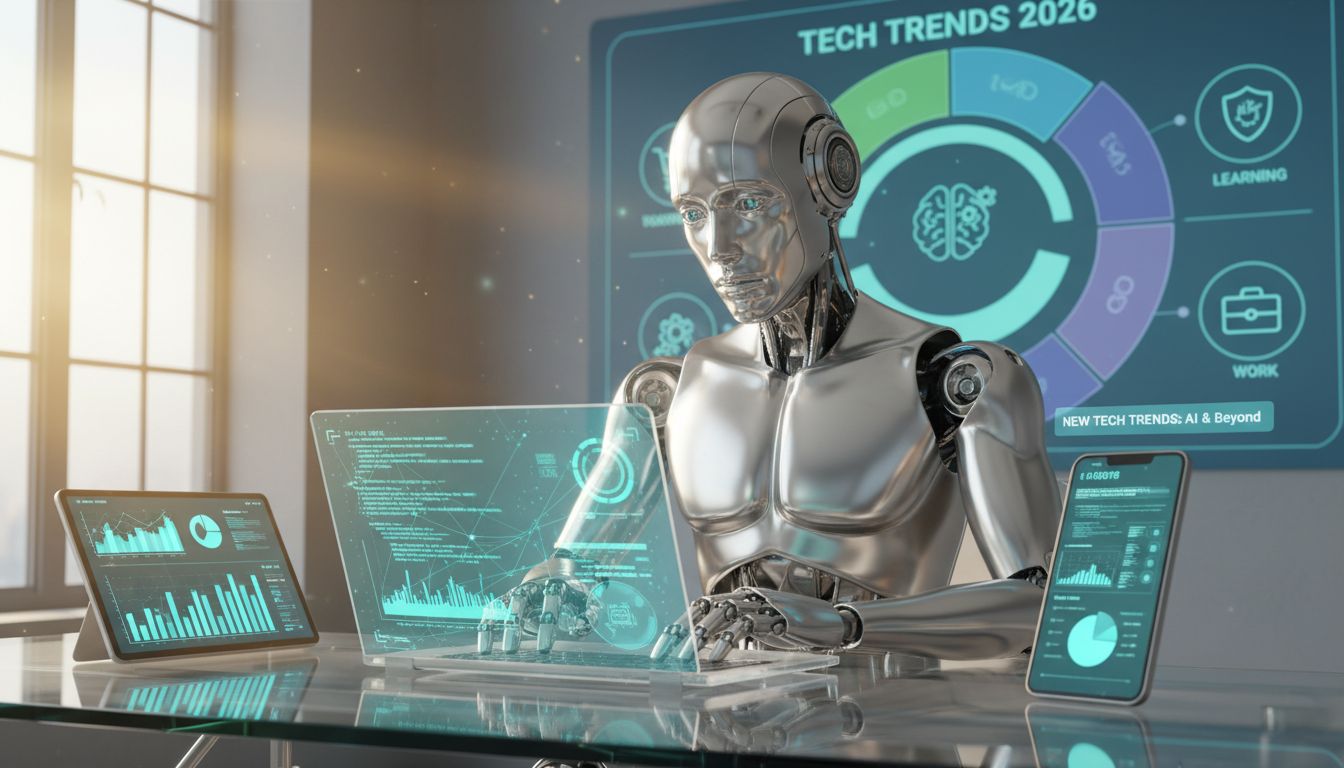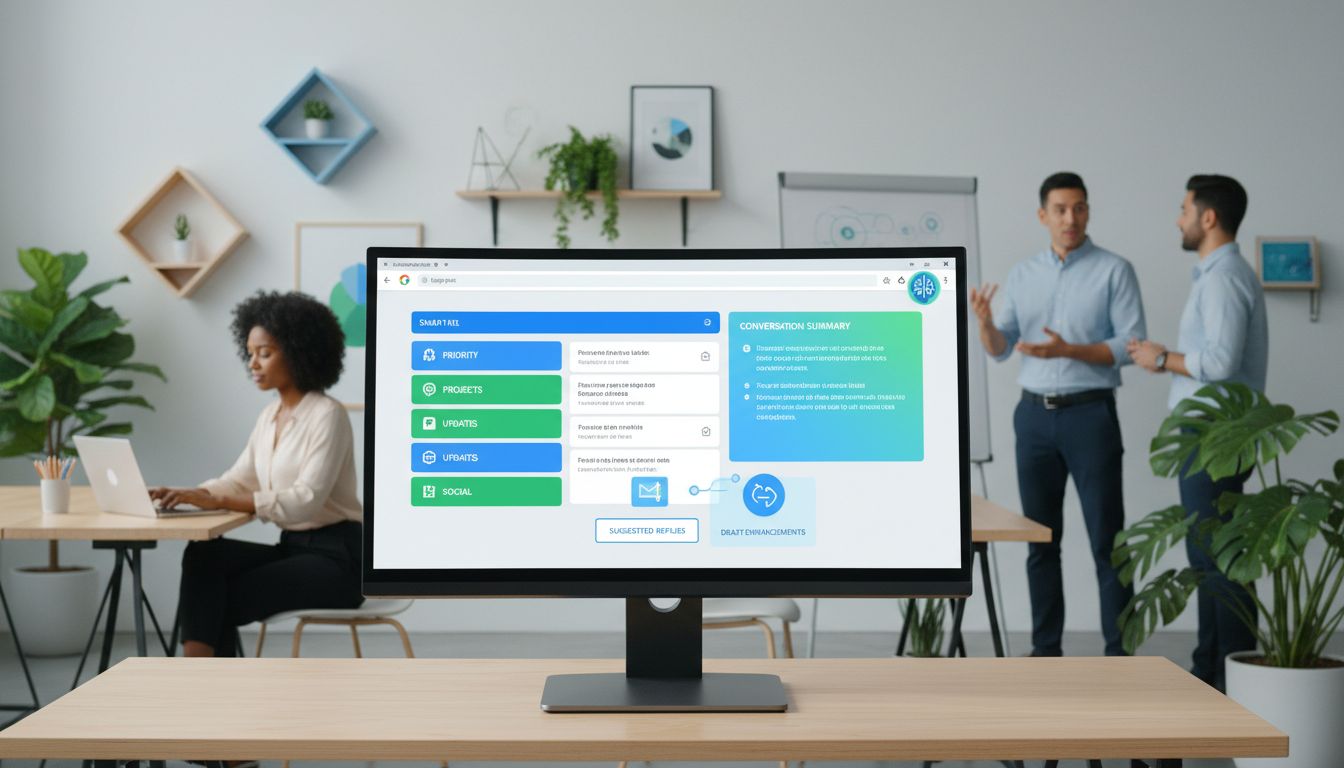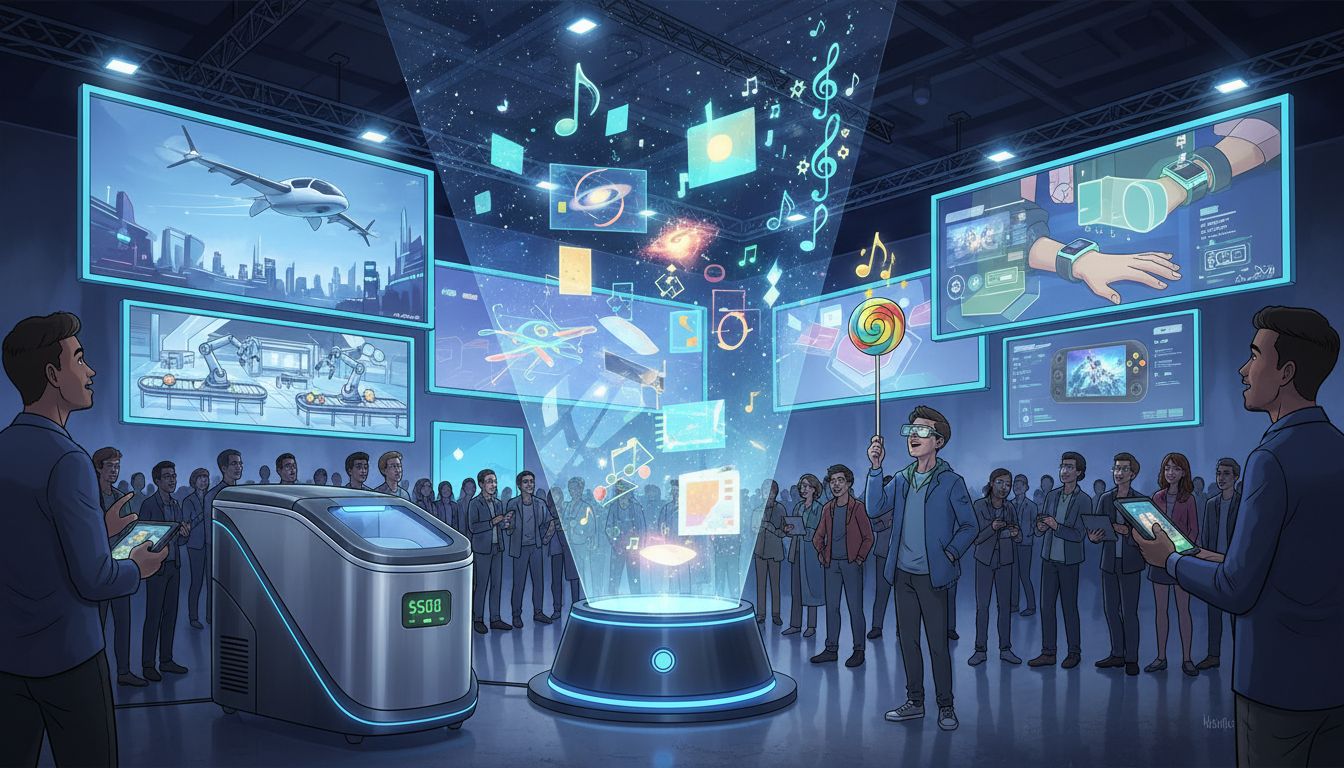
On April 5, 2025, at the UNIDIR Global Conference on AI Security and Ethics, experts and tech leaders came together. They shared a bold vision: harnessing artificial intelligence (AI) for good. Instead of fueling fears of an “Oppenheimer moment,” they emphasized collaboration to ensure AI becomes a force for peace, not conflict. This inspiring gathering marked a turning point, showing how global cooperation can shape a brighter technological future.
Indeed, the conversation wasn’t about doom and gloom. It was about possibility. UN disarmament specialists joined hands with “big tech” innovators to explore AI’s potential to solve problems. From healthcare breakthroughs to climate solutions, they painted a picture of a world uplifted by smart machines. The tone was clear: we can steer this ship toward progress if we work together.
- Collaboration Takes Center Stage
- A Call for Thoughtful Progress
- AI as a Tool for Good
- Learning from History, Building for Tomorrow
- A Global Effort Sparks Hope
- Ethics at the Heart of Innovation
- Tech Leaders Step Up
- A Vision Beyond the Battlefield
- The Power of Slowing Down
- UN’s Leadership Shines
- Real-World Impact Awaits
- A Shared Dream Emerges
- Hope Fuels the Future
- A Note of Caution Amid the Optimism
Collaboration Takes Center Stage
The event, hosted by UN News, buzzed with excitement. Experts didn’t dwell on risks alone. Instead, they celebrated AI’s ability to transform lives positively. For instance, imagine AI helping doctors diagnose diseases faster. Picture it aiding farmers to grow more food sustainably. These ideas sparked hope among attendees, proving technology can be a partner in human advancement.
Moreover, the dialogue included voices from all corners—tech CEOs, UN officials, and even ethicists. They agreed on one thing: slowing down the AI race doesn’t mean stopping innovation. Rather, it’s about pacing ourselves to get it right. By focusing on ethics and safety, they aim to build trust in AI systems worldwide. This unity was a breath of fresh air.
A Call for Thoughtful Progress
Izumi Nakamitsu, the UN’s High Representative for Disarmament Affairs, radiated optimism in her remarks. She urged tech firms to think beyond profit. “Let’s focus on the bigger picture,” she said, her words brimming with encouragement. She believes AI can support peace if guided by shared values. Her vision inspired everyone present.
Similarly, tech leaders echoed her enthusiasm. They pledged to prioritize responsible development. Instead of racing to deploy untested tools, they’re committed to refining AI with care. This shift promises a future where technology serves humanity, not the other way around. It’s a win for all of us.
AI as a Tool for Good
What’s more, the discussion highlighted real-world examples of AI’s potential. In education, AI could personalize learning for kids everywhere. In disaster response, it might predict floods and save lives. These possibilities thrilled the audience. They showed that AI isn’t just a sci-fi dream—it’s a practical ally.
Of course, challenges exist. But the mood was upbeat. Rather than fearing misuse, participants focused on prevention through collaboration. By setting global standards, they hope to keep AI on a positive path. This proactive stance turned potential worries into opportunities for growth.

Learning from History, Building for Tomorrow
The term “Oppenheimer moment” came up, but not as a warning. It was a nod to history’s lessons. Just as nuclear energy brought both power and responsibility, AI offers a chance to choose wisely. The group embraced this parallel with optimism, eager to avoid past mistakes and create a legacy of peace.
Furthermore, the event showcased a spirit of unity. Tech giants like Google and Microsoft sat alongside UN leaders, brainstorming together. This wasn’t a standoff—it was a partnership. They’re determined to prove that innovation and ethics can coexist beautifully.
A Global Effort Sparks Hope
Across the room, smiles replaced furrowed brows. The focus shifted from battlefields to classrooms, hospitals, and farms. AI could revolutionize these spaces, and everyone felt the excitement. It’s not about slowing down progress, they said, but about speeding up solutions. This mindset shift was electric.
Additionally, the UN’s role as a convener shone brightly. By bringing diverse voices together, it fostered a sense of global community. Countries big and small had a say. Tech firms of all sizes contributed ideas. This inclusivity fueled optimism for a shared, prosperous future.
Ethics at the Heart of Innovation
Meanwhile, ethics took center stage—a refreshing change. Experts stressed that AI should reflect human values like fairness and kindness. They’re not just building machines; they’re embedding hope into code. This approach promises tools that uplift rather than divide. It’s a noble goal.
For example, consider autonomous systems in peacekeeping. They could monitor ceasefires without risking lives. Such innovations thrilled the crowd. By prioritizing safety, tech leaders showed they’re listening to the world’s needs. It’s a sign of maturity in the industry.

Tech Leaders Step Up
On top of that, “big tech” didn’t shy away from responsibility. CEOs pledged to work with regulators and the UN. They want guidelines that encourage creativity while ensuring safety. This commitment was music to everyone’s ears. It’s proof that industry giants care about the greater good.
Likewise, smaller startups joined the chorus. They brought fresh ideas and agility to the table. Together, this mix of players—big and small—created a symphony of progress. The room buzzed with the energy of possibility. It was a beautiful sight.
A Vision Beyond the Battlefield
Naturally, the military angle came up. But instead of fear, the focus was on redirection. Why not use AI to heal rather than harm? Imagine drones delivering medicine instead of missiles. This pivot from conflict to care inspired cheers. It’s a vision worth chasing.
In fact, some experts shared stories of AI already doing good. In refugee camps, it’s helping manage aid distribution. In war-torn areas, it’s mapping safe routes for families. These successes lit up the room. They’re proof that AI can be a beacon of hope.
The Power of Slowing Down
Slowing the AI race might sound counterintuitive. Yet, here, it felt empowering. By taking time to refine systems, we ensure they’re reliable. This patience could lead to breakthroughs that last. It’s not a delay—it’s an investment in quality.
Besides, this approach builds public trust. People want AI they can believe in. When tech leaders prioritize care over speed, confidence grows. That trust is the foundation for widespread adoption. It’s a smart, positive strategy.

UN’s Leadership Shines
The United Nations stood tall as a leader in this effort. Its call for collaboration resonated deeply. By hosting this event, it showed how global bodies can drive change. Everyone left feeling inspired by its vision. It’s a model for future success.
Equally important, the UN didn’t just talk—it listened. Feedback from tech firms and experts shaped the discussion. This two-way street fostered mutual respect. It’s a recipe for lasting partnerships that benefit us all.
Real-World Impact Awaits
Now, the spotlight turned to action. How can AI help today? Ideas flowed freely. It could boost renewable energy projects. It might improve global health systems. These practical steps excited attendees. They’re ready to turn talk into results.
Plus, the event sparked plans for follow-ups. Regular meetings could keep the momentum going. This commitment to continuity was a big win. It ensures that today’s hope becomes tomorrow’s reality. The future looks bright.
A Shared Dream Emerges
As the day wrapped up, a shared dream took shape. AI could unite us, not divide us. This wasn’t just tech talk—it was a human story. People left with renewed faith in what’s possible. It was a heartwarming moment.
Above all, the message was clear: we’re in this together. From Silicon Valley to Geneva, the world wants AI to succeed responsibly. This unity is our strength. It’s the key to unlocking a golden age of innovation.
Hope Fuels the Future
Looking ahead, the positivity lingered. Experts vowed to keep collaborating. They’ll refine AI with care and purpose. This dedication promises a future we can all celebrate. It’s an exciting time to be alive.
Ultimately, April 5, 2025, wasn’t about fear. It was about hope. It showed that humanity can guide technology toward light. With teamwork and vision, AI will lift us up. That’s a story worth telling—and living.
A Note of Caution Amid the Optimism
While the recent UN event, painted a hopeful picture of AI as a tool for peace and progress, a shadow of caution lingers. Even with collaboration between tech leaders and the UN, the rapid pace of AI development could outstrip our ability to manage it wisely.
Without vigilant oversight, innovations meant to heal—like drones delivering medicine—might still be repurposed for harm, echoing the dual-use dilemmas of history’s “Oppenheimer moment.” Ethical guidelines and global unity sound promising, but they must hold firm against profit-driven shortcuts or geopolitical rivalries.
The dream of a brighter future is within reach, yet it hinges on humanity’s resolve to prioritize safety over speed.






